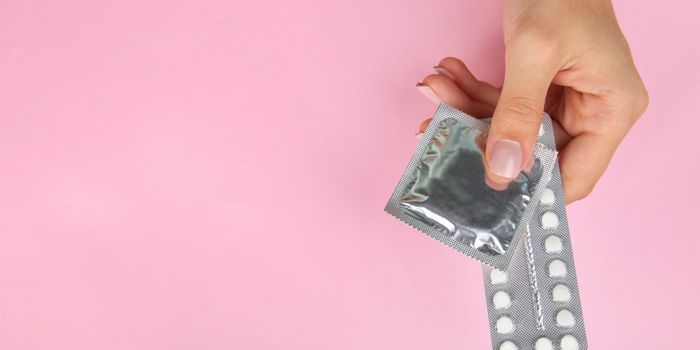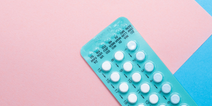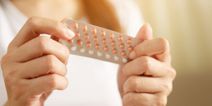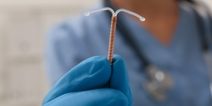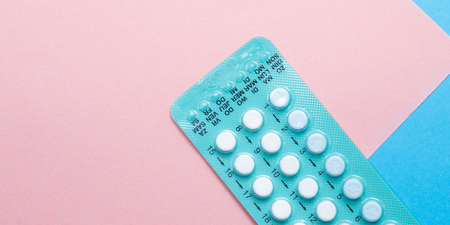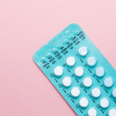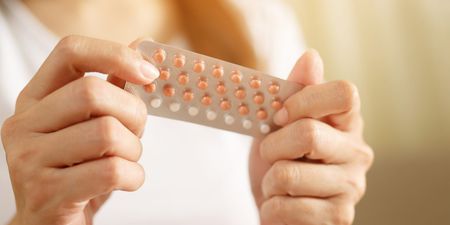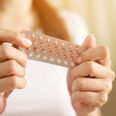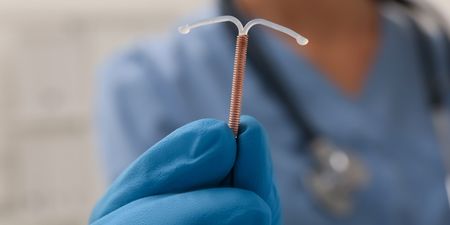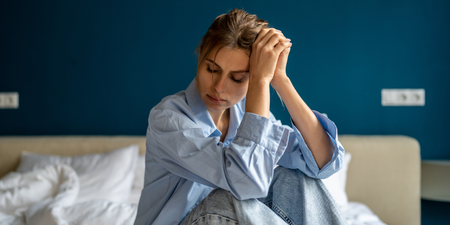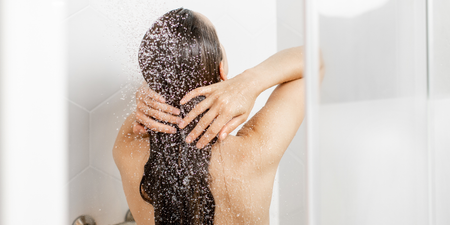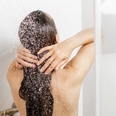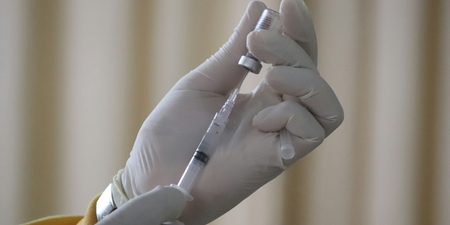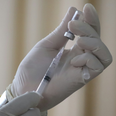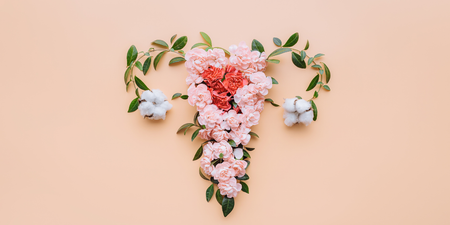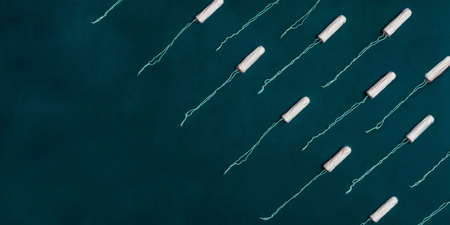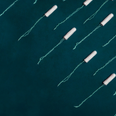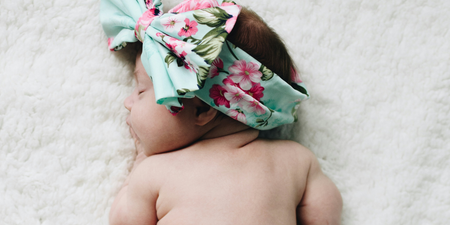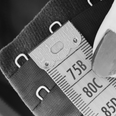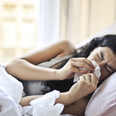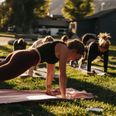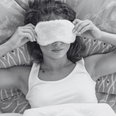The news was announced in today’s Budget.
In launching Budget 2022 today, Ireland’s Minister or Public Expenditure and Reform Michael McGrath unveiled details of the Dedicated Women’s Health Package which will address a number of areas including period poverty, contraception and sexual assault treatment units.
From next August, women between the ages of 17 and 25 will have access to free contraception, thanks to a €10 million package, as the Irish Times reports.
RTÉ reports that the entire Dedicated Women’s Health Package is worth €31 million.
Speaking this afternoon, Minister McGrath said: “This will include access to free contraception for women aged 17 to 25 from next August; further investment in measures identified by the Women’s Health Taskforce; progress regarding the Period Poverty Implentation Group; additional funding for sexual assault treatment units and the implementation of the National Maternity Strategy and the gynaecology model of care.”
Minister McGrath said that there will be additional funding for sexual assault treatment units and he added that progress is being made regarding Ireland’s tackling of period poverty, which follows a long campaign from advocates in Ireland.
Period poverty refers to the inability to afford adequate sanitary products, and according to the Period Poverty in Ireland report, the annual costs of period products per woman are estimated at €96.72, not including pain relief which brings the estimate to a minimum of €121 per year.
Lack of access to period products has a very real social impact on women and girls. A 2018 study found that half of girls aged between 12 and 19 admitted to struggling to pay for period products in the past, with the worst affected being those in low income families, direct provision centres, women’s refuges and homeless women.
Additionally, research from Plan International showed that half of girls didn’t find school to be of help when it came to education about their periods. In fact, over 40% of girls reported not knowing what to do when their period started.
